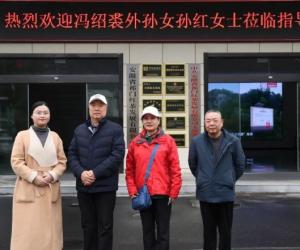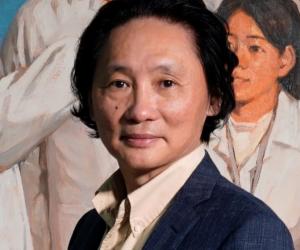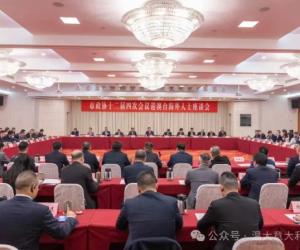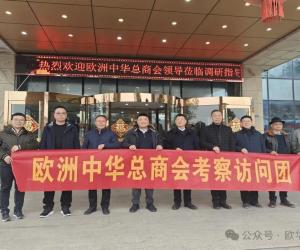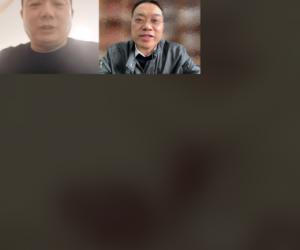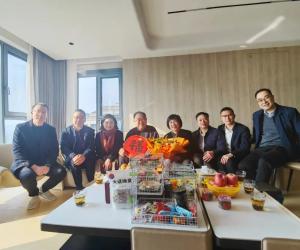Black Myth: Wukong - Secrets from 'Journey to the West'
"Black Myth: Wukong," which is based on the classic Chinese novel "Journey to the West," has exploded onto the global gaming scene. Three days after China's first AAA game was released on August 20, the number of people playing it on online platform Steam had exceeded 2.415 million.
One of the key features of discussions in gaming communities and on social platforms is how the game's plot compares to that of the book. CGTN has produced a four-part companion guide, helping players learn about the plot and characters from the novel that lie behind the new blockbuster game.
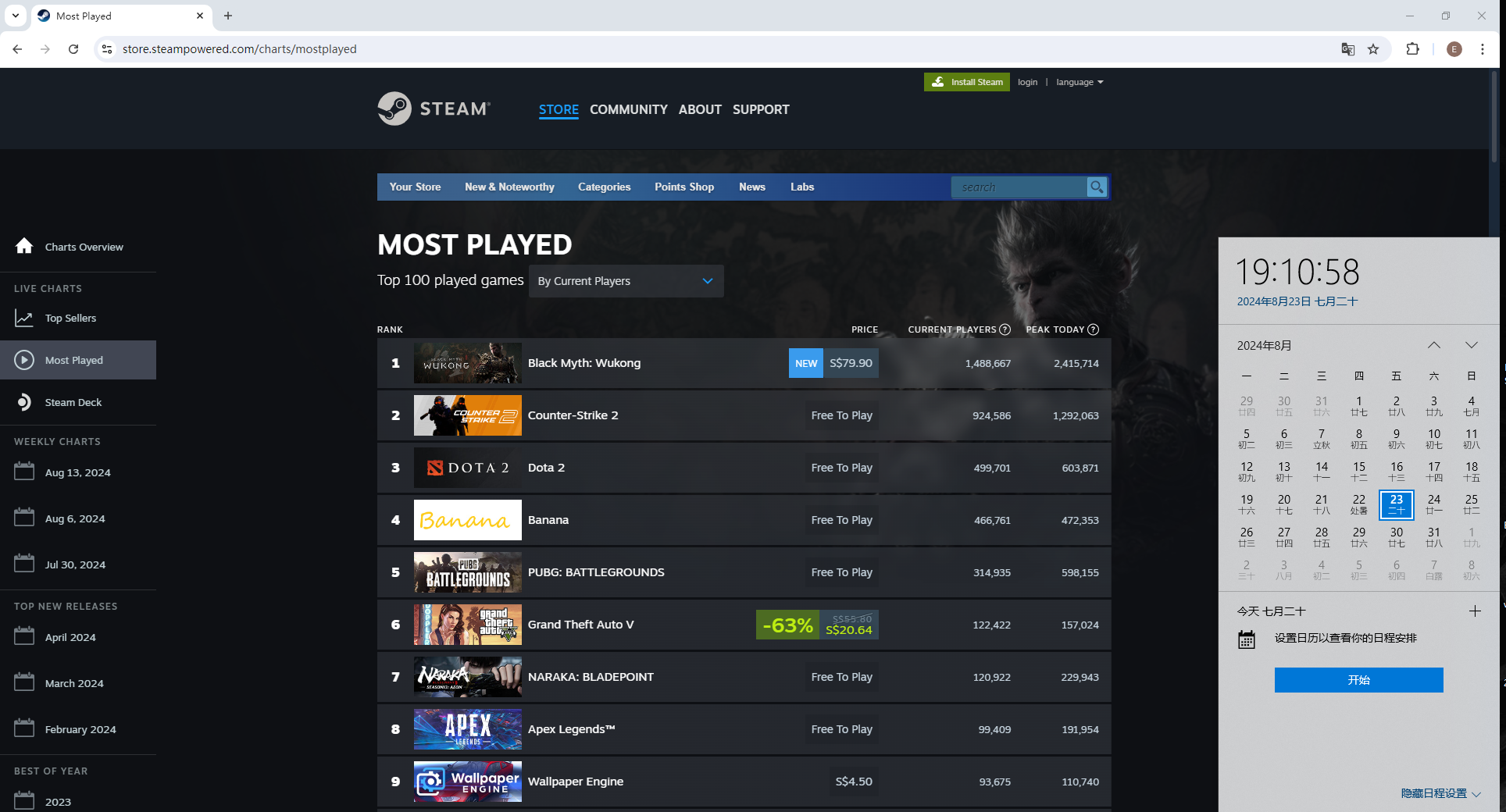
"Journey to the West," one of the four great Chinese novels, was written in the Ming Dynasty (1368-1644) by Wu Chengen. It's a story of mythology, religion and adventure, focusing on Tang Sanzang and his three disciples (Sun Wukong, Zhu Bajie and Sha Wujing) going to the western regions to obtain Buddhist scriptures. The plot of the book is filled with fantasy, integrating Buddhism, Taoism and traditional Chinese culture, contrasting good with evil.
The first edition of CGTN's four-part companion guide, helping players learn about the plot and characters from the novel that lie behind the new blockbuster game, is here. The characters, locations and skills detailed below all appear in both "Black Myth: Wukong" and "Journey to the West."
Part 1: Origin
Skills: Somersault Cloud
Somersault Cloud appears frequently in the game and is a skill that Wukong can use at any time. At the beginning of the game, Wukong flies from Flower Fruit Mountain on the Somersault Cloud to face Erlang and the Heavenly Soldiers and Generals. In "Journey to the West," it first appears in the second chapter, describing the plot of Sun Wukong learning the Somersault Cloud. In the original work, Somersault Cloud is one of Sun Wukong's iconic skills.
Sun Wukong diligently studied under the guidance of Patriarch Bodhi. The patriarch imparted his skills and teachings, which Sun Wukong grasped with great insight. Later, Sun Wukong showed off his newfound abilities in front of others, earning a reprimand from the patriarch. Returning to Flower Fruit Mountain, Sun Wukong defeated the Demon King of Confusion and embarked on a new journey.
(The above content is referenced from Chapter 2 of "Journey to the West": Wukong Becomes Aware of the Wonderful Truth of Enlightenment; By Killing the Demon, Wukong Realizes His Spirit-nature.)
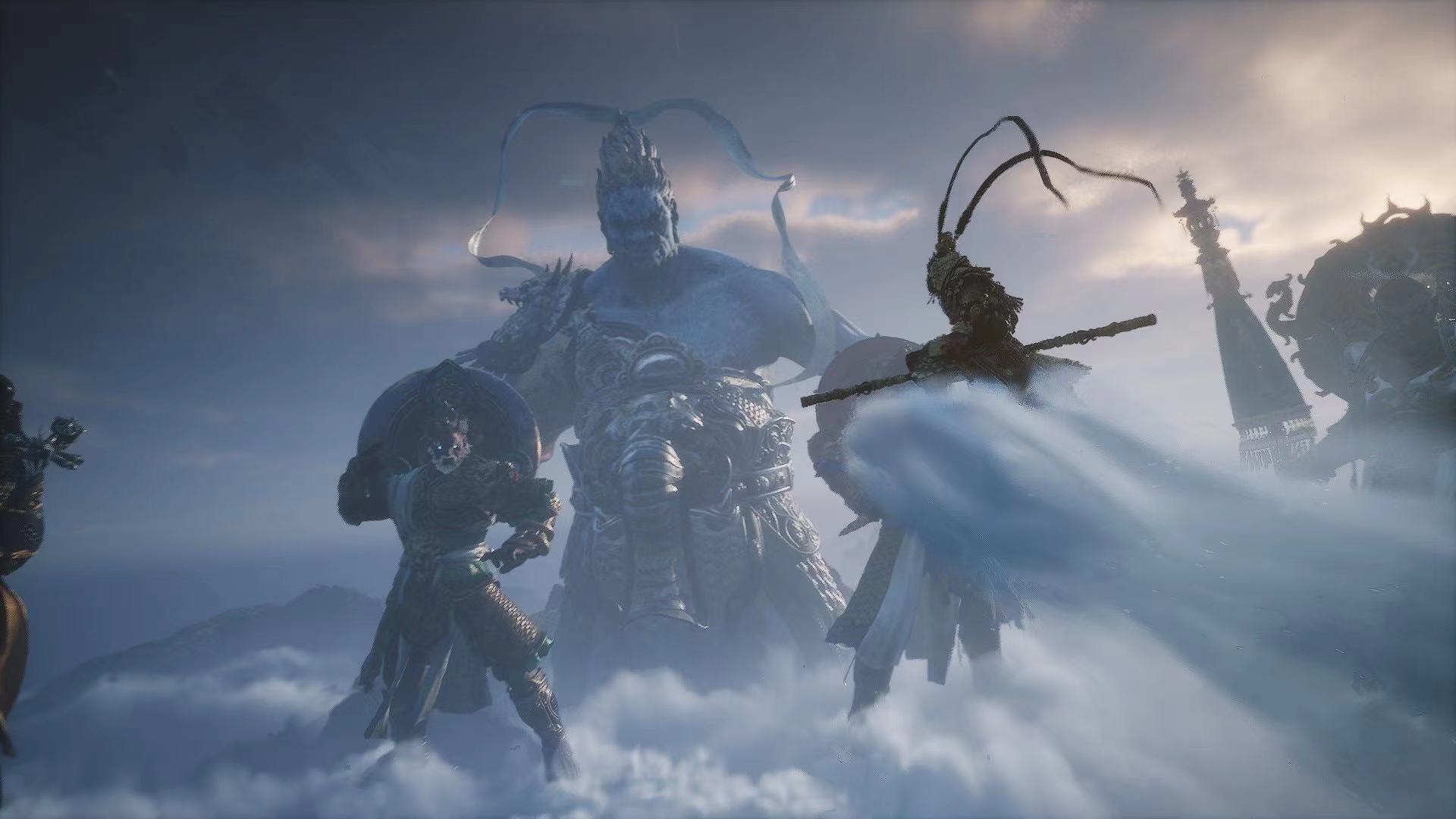
Location: Flower Fruit Mountain
The celestial stone on Flower Fruit Mountain nurtured Sun Wukong and gave him life. From his initial form as a stone monkey to becoming the Handsome Monkey King, and then traveling abroad to learn skills and returning to display his divine powers, Flower Fruit Mountain witnessed his growth and transformation.
Overseas, there was a country, near the great sea. In the sea sat Flower Fruit Mountain, on which an immortal stone gave birth to a stone monkey. The stone monkey went into a waterfall and found the Water Curtain Cave. He was hailed as a king and called the Handsome Monkey King.
(The above content is referenced from Chapter 1 of "Journey to the West": The Divine Root Conceives and the Spring Breaks Forth; As the Heart's Nature is Cultivated, the Great Way Arises.)
Sun Wukong was expelled from the pilgrimage team by Tang Sanzang after thrice defeating the White Bone Demon. Returning to Flower Fruit Mountain, he saw that the monkeys were in distress, so he reorganized Flower Fruit Mountain and all the demons gathered there. Tang Sanzang mistakenly entered the land of demons in the Black Pine Forest and was captured. This is when Tripitaka encountered demons.
(The above content is referenced from Chapter 28 of "Journey to the West": On the Flower Fruit Mountain the Devils Rise; Sanzang Meets a Monster in the Black Pine Forest.)
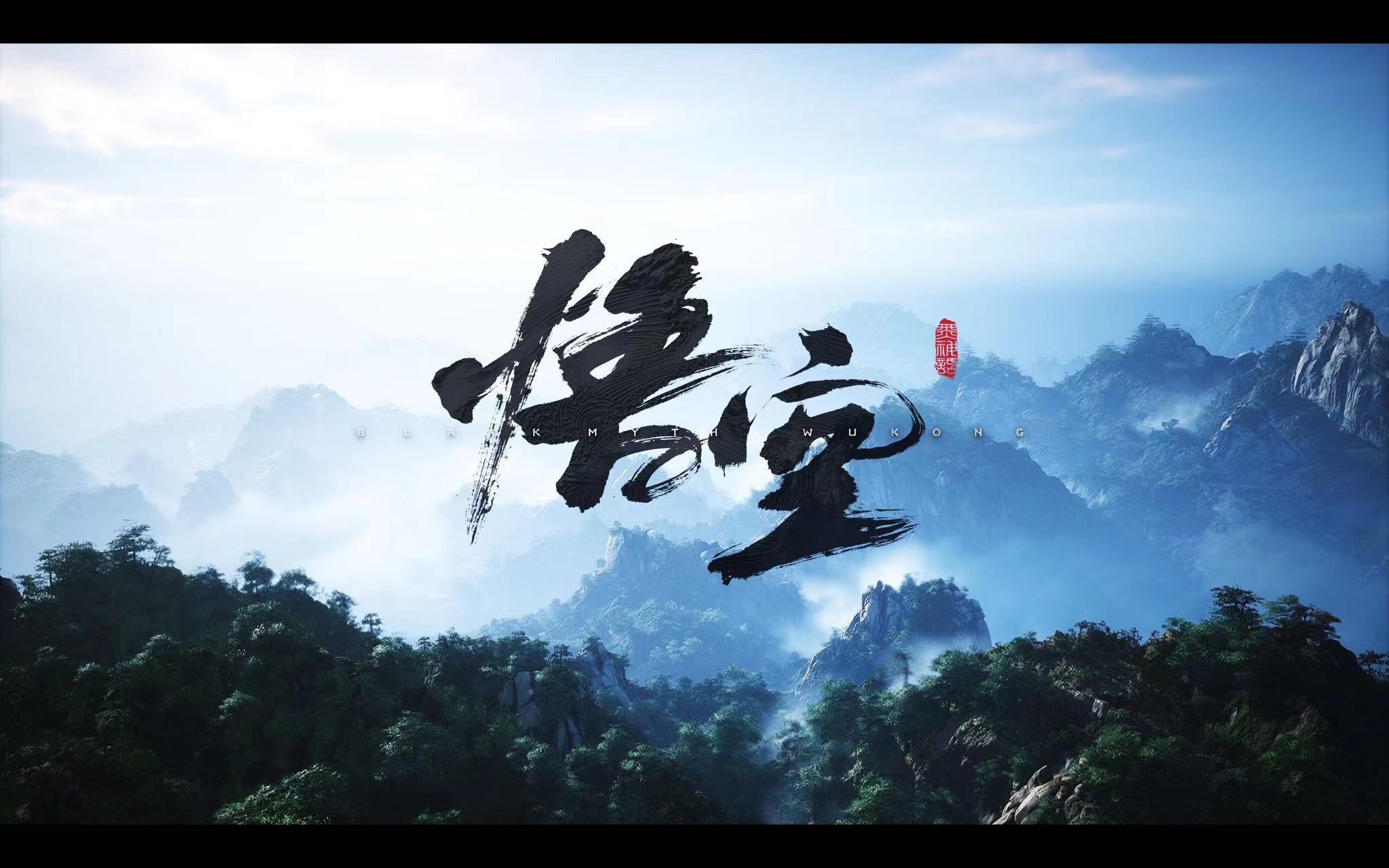
Game feature: Craving Eyes
In the original novel, "Seeing Joy" implies that Sun Wukong's attainment of the purification of his six roots of perception, an important step in becoming a Buddha. In the game, these six people are visualized as six roots (treasures), and seeing joy is one of them. During the game journey, these six roots are also slowly recovered, a narrative that is equivalent to finding Sun Wukong's six roots.
Tang Sanzang and his disciples were traveling westward when they passed over a mountain and encountered a beautiful woman, who was actually the incarnation of six thieves. These six thieves represented the six desires: "mind, tongue, nose, body, eyes, ears." The "six thieves" tried to tempt Tang Sanzang and his disciples with beauty and wealth. Sun Wukong's inner evil thoughts were aroused, leading to distraction. It was only when Tang Sanzang recited the Tight-Fillet Spell, causing unbearable pain in Sun Wukong's head, that he realized he had been under the control of his inner desires.
(The above content is referenced from Chapter 14 of "Journey to the West": The Mind Ape Returns to Truth; The Six Bandits Disappear Without Trace.)
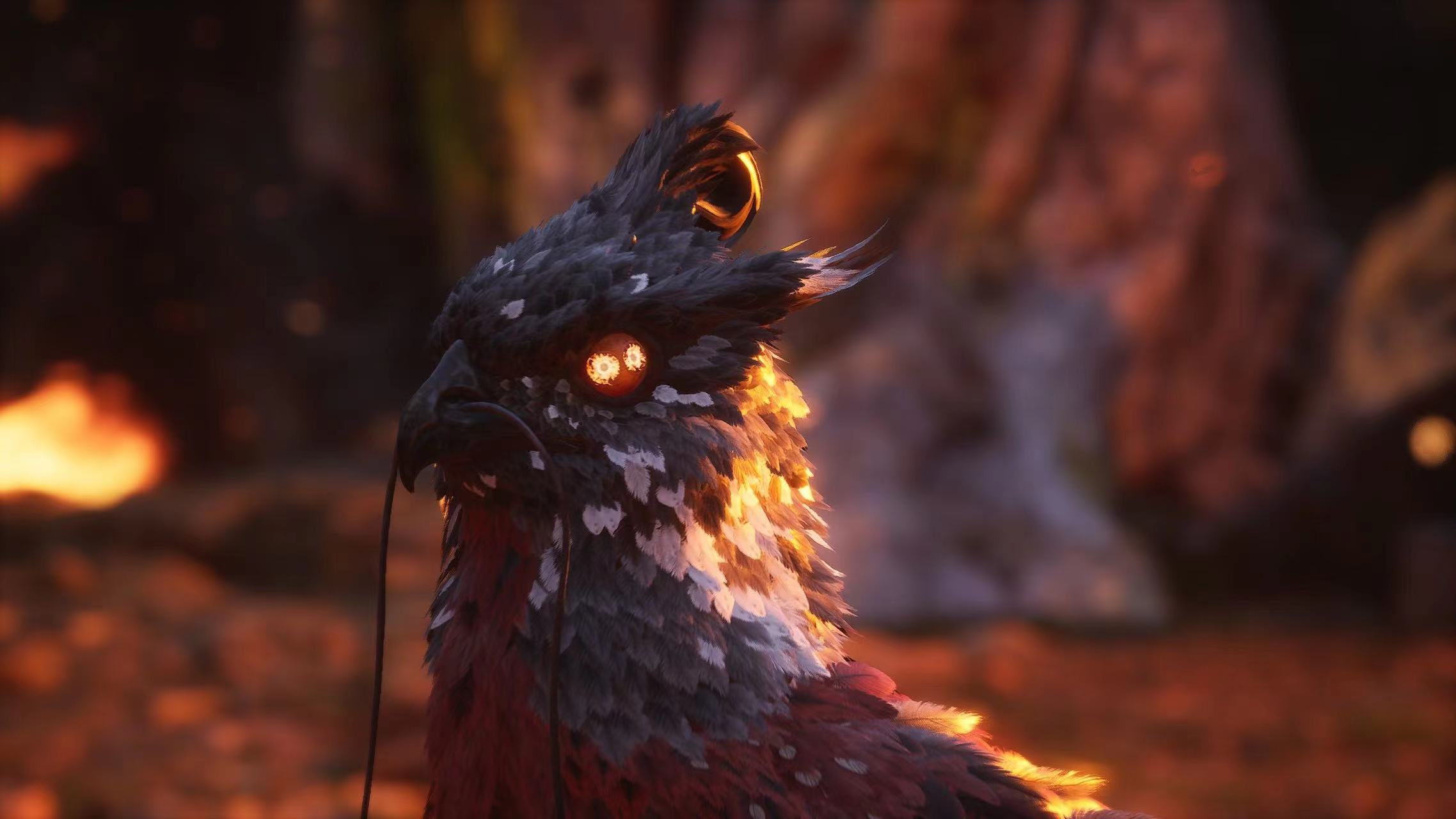
Character: Black Bear Guai
Black Bear Guai is the final boss in Chapter 1 of "Black Myth: Wukong," and is based on the character Black Wind King in "Journey to the West."
Tang Sanzang and his disciples arrived at Guanyin Monastery and decided to stay there temporarily. The abbot of the monastery, upon seeing the brocade kasaya (a precious Buddhist robe) that Tang Sanzang was wearing, was filled with greed and plotted to steal the treasure. Meanwhile, on the nearby Black Wind Mountain, there was a demon known as the Black Wind King, who also coveted the kasaya. Seizing the opportunity, the Black Wind King stole the robe.
(The above content is referenced from Chapter 16 of "Journey to the West": The Monks of the Guanyin Monastery Plot to Take the Treasure; The Monster of the Black Wind Mountain Steals the Cassock.)
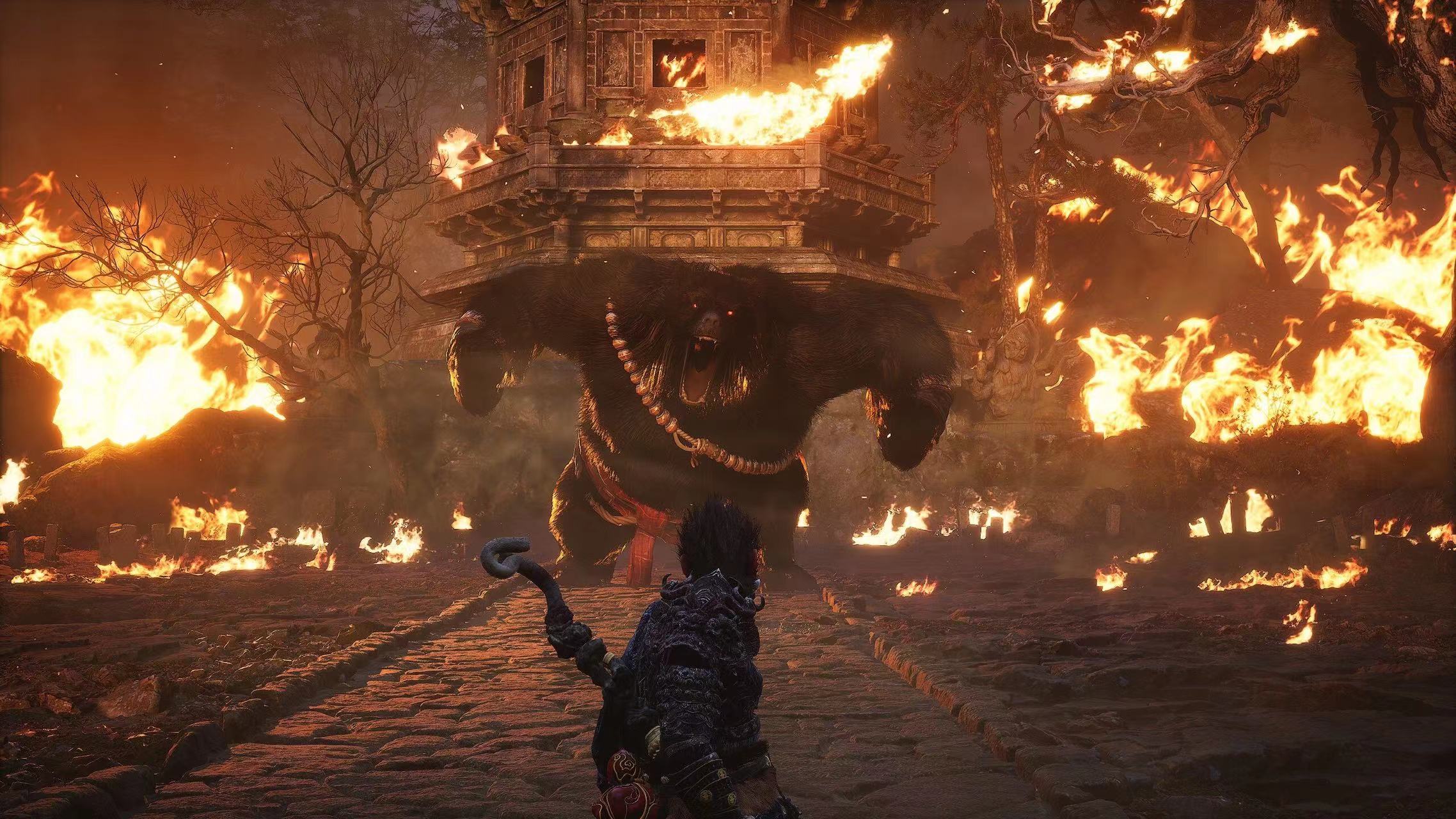
Character: Yellow Wind Sage
Yellow Wind Sage is the final boss in Chapter 2 of "Black Myth: Wukong," and is based on the character The Great King of the Yellow Wind in "Journey to the West."
Tang Sanzang and his disciples continued their westward journey and came to Yellow Wind Ridge, where they encountered the Yellow Wind Sage. This creature was skilled in unleashing a sinister wind called the "Yellow Wind," which was so powerful that it rendered people unable to open their eyes. Tang Sanzang was trapped by the monster's magic and found himself in grave danger. After discussing the situation with Sun Wukong, Zhu Bajie volunteered to take on the task of rescuing their master.
(The above content is referenced from Chapter 20 of "Journey to the West": The Tang Priest Meets Trouble on the Yellow Wind Ridge; Pig Wins Mastery Halfway up the Mountain.)
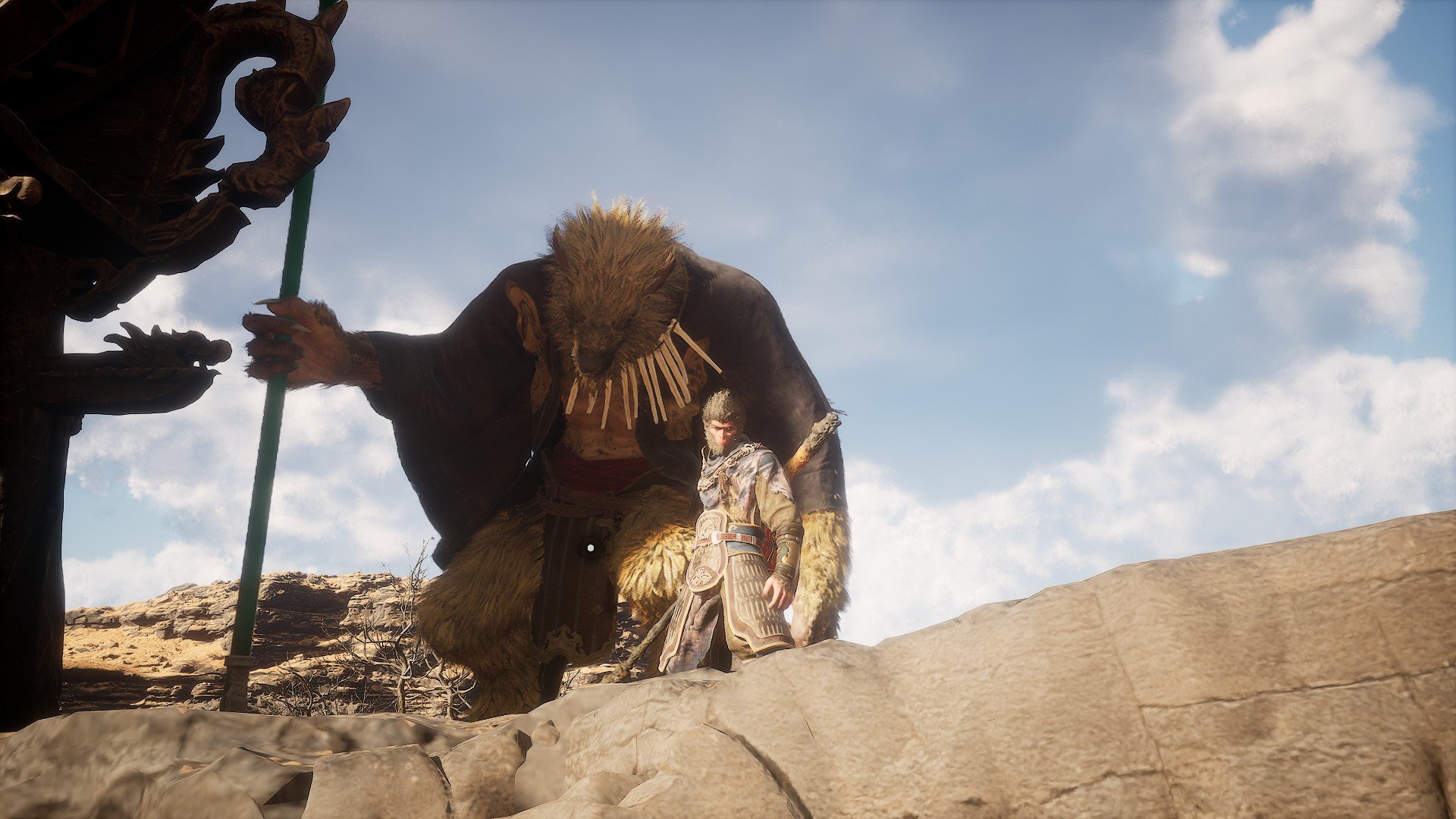
Character: Bodhisattva Lingji
Bodhisattva Lingji provides assistance to the player throughout the second chapter. He reveals his true form only after defeating the final boss of chapter two, Yellow Wind Sage.
In the previous episode, Tang Sanzang was captured by the Yellow Wind Sage, whose powerful wind proved too formidable to overcome at the time. As a result, Sun Wukong sought help from Bodhisattva Lingji, a protector of the Buddhist faith. The Bodhisattva used his magic and employed the "Dingfengzhu" to completely quell the Yellow Wind Monster's wind, ultimately subduing the monster and rescuing Tang Sanzang.
(The above content is referenced from Chapter 21 of "Journey to the West": The Protectors of the Faith Build a Farm for the Great Sage; Lingji From Sumeru Pacifies the Wind Devil.)
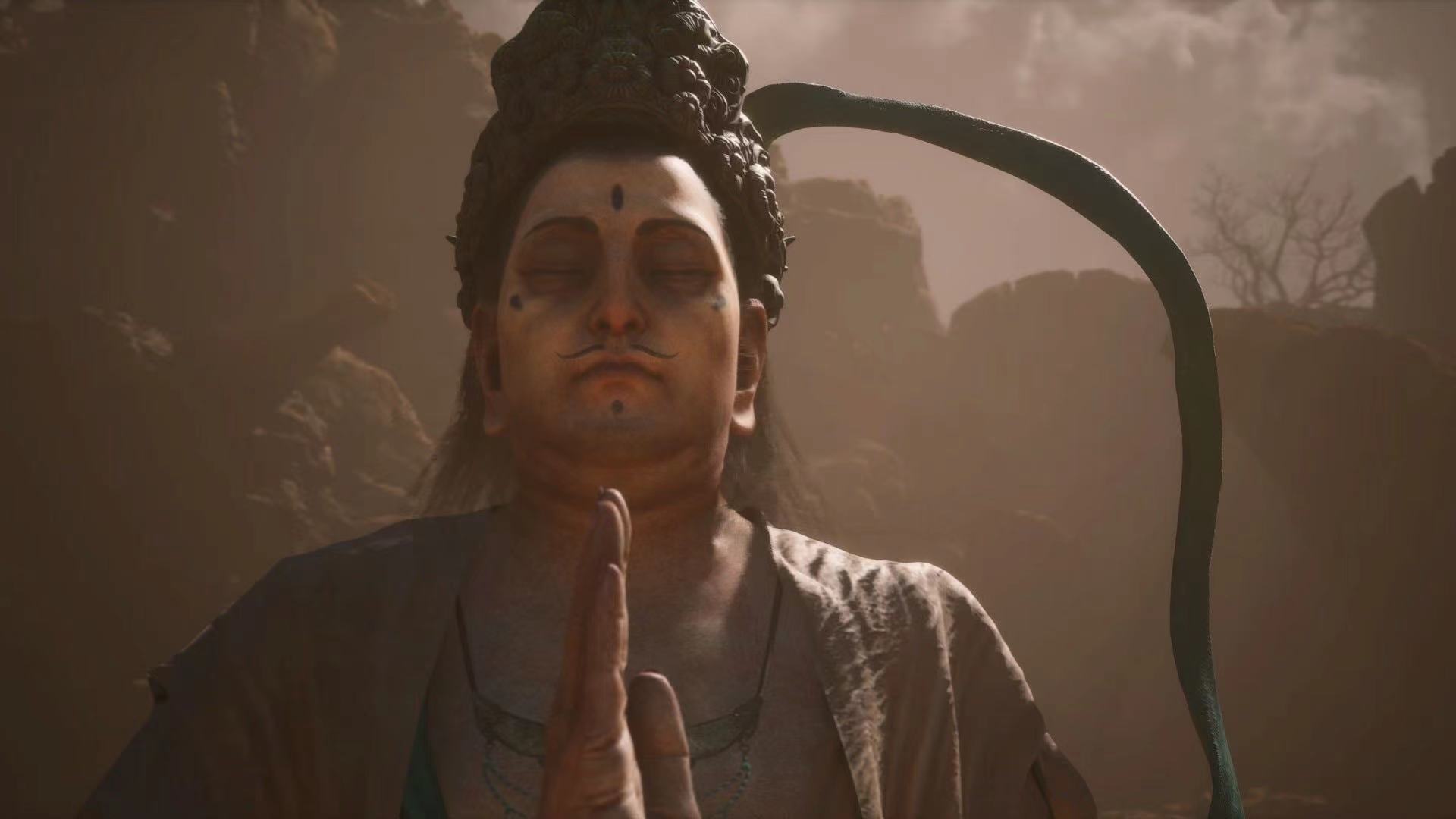
Look out for part two!
CGTN will publish part two of its Journey to the West vs. Black Myth: Wukong companion guide – Uncover the Story of Little Western Heaven – on Saturday. Stay tuned, and please leave your comments and questions below!







